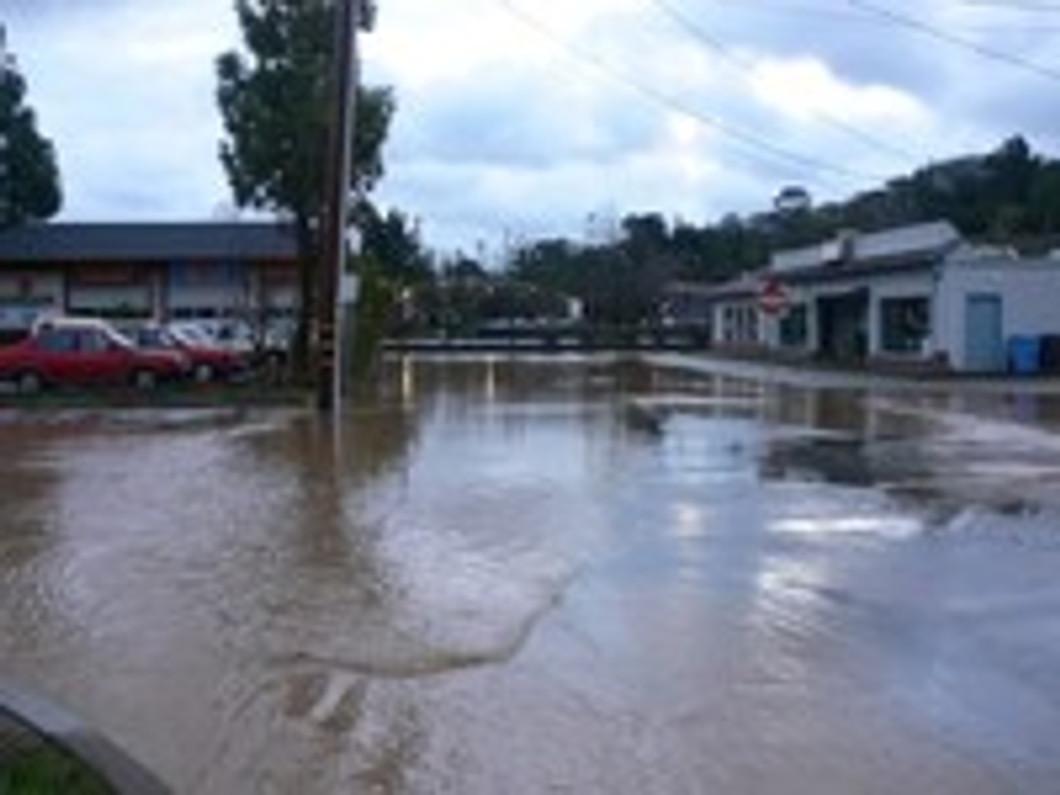Are You Prepared For a Major Flood?
Floods are the single most destructive natural disaster in the U.S. According to the Weather-Ready Nation (WRN), floods cause more property damage than any other event. Homes and literally washed away, businesses are forced to close, and infrastructures are crippled as a result of rising waters. But floods can also prove fatal if preventive measures are not taken. To learn more about flood and how to protect your family in the event of a major flood, keep reading.
Flood Awareness week was March 16-22nd, so it's only suiting to discuss the possible dangers of rising waters while it's still fresh in everyone's memory. Some people assume that floods are only a threat during spring, but the truth is that floods can strike any region at any time, regardless of the season. Each year, an estimated 80-90 people lose their lives as a result of major flooding.
Turn Around Don't Drown
The National Weather Service launched the Turn Around Don't Drown campaign a decade ago to help reduce the number of flood fatalities and injuries. This campaign, as the name suggests, encourages pedestrians and motorists to turn around at the sign of rising flood waters rather than attempt a crossing. Just six inches of moving water has enough force to knock over an adult.
Floodplains
Homes located in or near floodplains are placed at a higher risk of major floods. If you haven't done so already, check the officials Federal Emergency Management Agency (FEMA) website to determine whether your home is located in a floodplain. FEMA defines a floodplain as any area near a body of water.
Tips To Prepare For a Major Flood
- Have at least three days of food and water available.
- If you live inside a floodplain, contact your homeowner's insurance provider to see what kind of flood insurance they offer.
- Create an emergency kit with first aid supplies, flashlights, batteries, waterproof matches, hand-cranked radio, thermal blanket, etc.
- Move your furnace, water heater and circuit breaker control panel higher (2nd floor or attic) if your home is located on a floodplain.
- Seal walls in basement or crawlspace with waterproof compounds to help prevent water intrusion.
- Create a communication plan for your family in the event of a flood.
- Remember, a flood watch means a flood is possible in your area, whereas a flood warning means there's already a flood occurring in your area.
- Create an evacuation plan to reach a higher elevated area in the event of a flood.
Recent Posts
-
Fire Safety in the Workplace: What You Need to Know
What steps are you taking to prevent fires in your workplace? According to the U.S. Occupational Saf …Aug 23rd 2023 -
Is It Safe to Go Jogging With a Cold Infection?
If you're suffering from a cold infection, you might be wondering whether it's safe to go jogging. T …Aug 22nd 2023 -
5 Safety Tips to Follow When Using a Powder-Actuated Tool
Powder-actuated tools are commonly used to join materials to steel and concrete. Also known as Hilti …Aug 20th 2023




